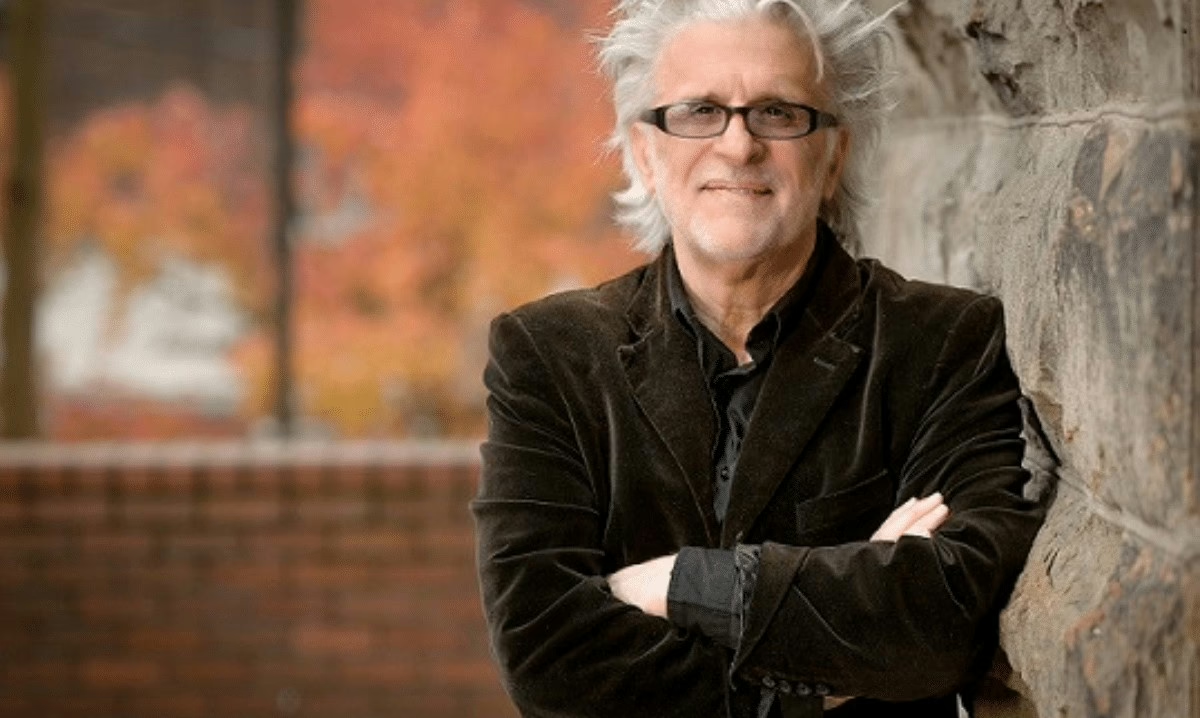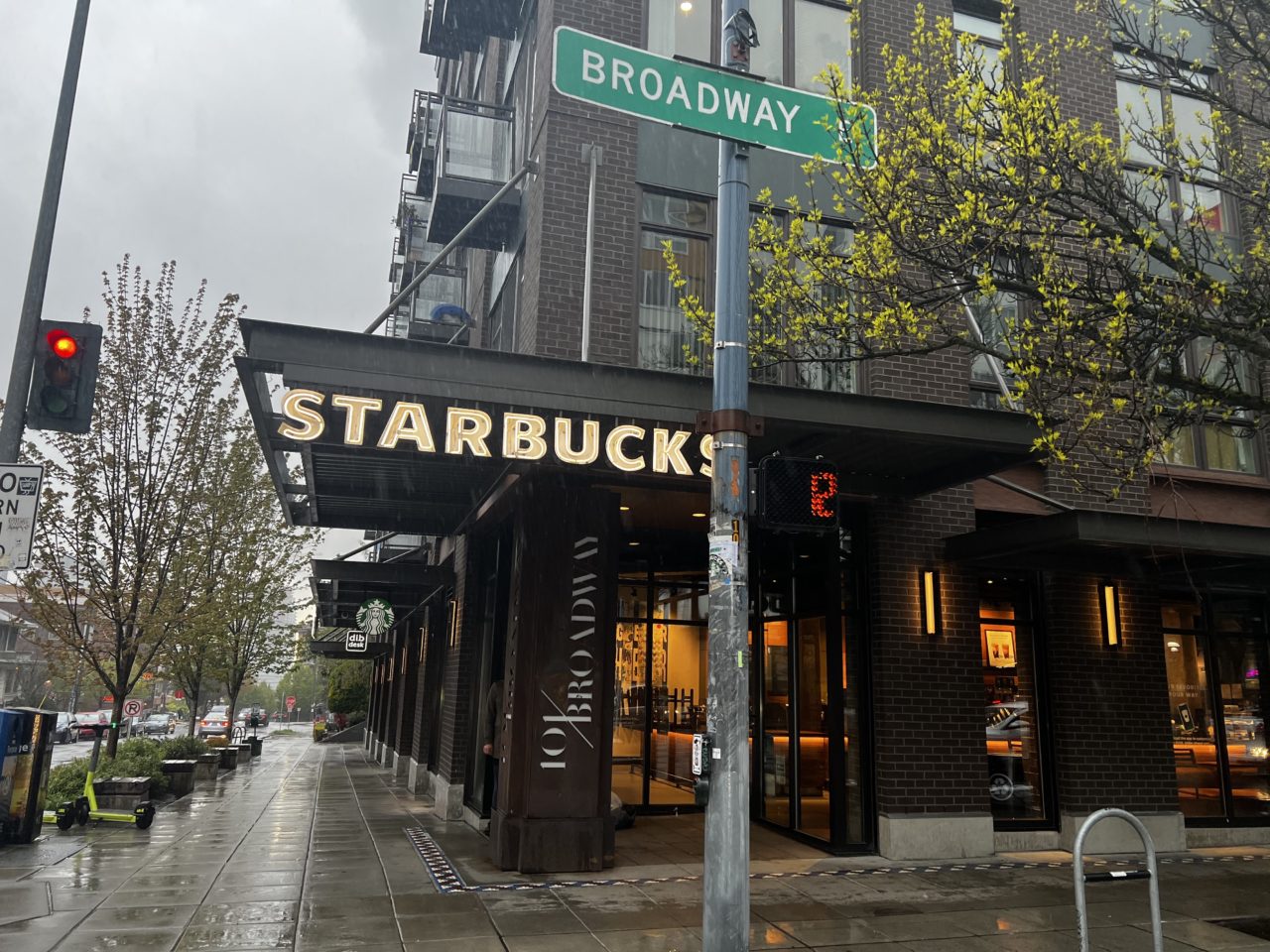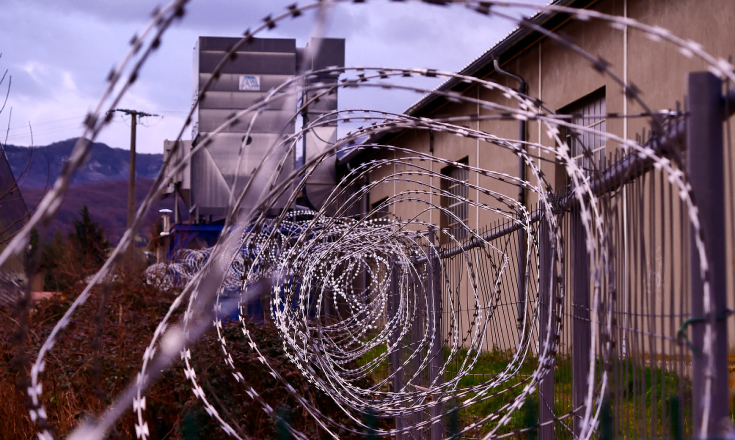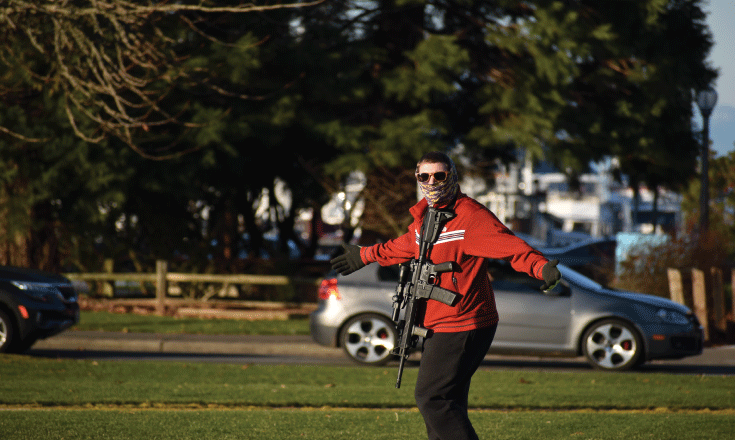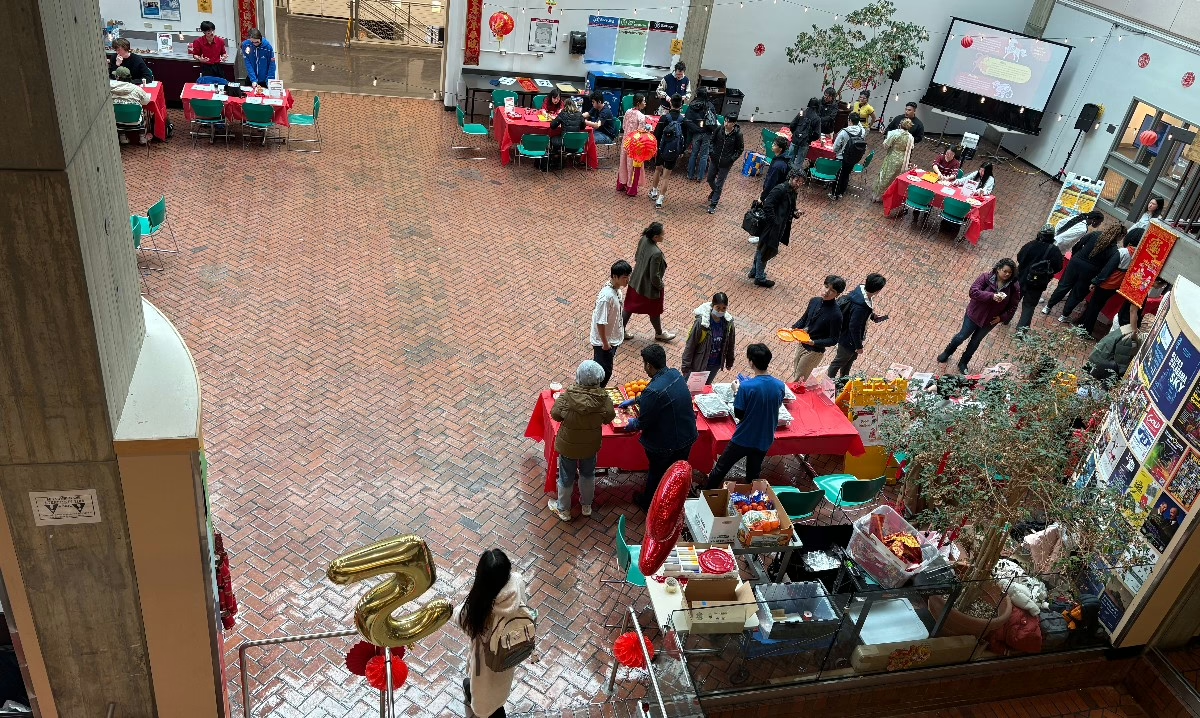Q&A with Brian Smith on the importance of friendship
Brian Smith is a counseling faculty member at Seattle Central College and teaches psychology. He emphasizes that friendships have been extremely important throughout life. In his 33 years as a counselor, Smith has seen the role that friendships play in students’ lives–and in his own.
In the Q&A below, Smith shares his insights on friendships—not just in the platonic sense, but also romantically, professionally, and within families.
Q. As a counselor, what are some of the recurring themes or specific problems that tend to arise in friendships?
A. Many students have told me they struggle to make meaningful connections or have very few friends. The COVID-19 crisis also contributed to fewer new friendships forming, since many conversations became remote.
Students who tend to make friends more easily are those involved in campus life–like student leadership–because those places naturally foster connections. Although students are engaged in many other activities outside of school that keep them afloat–like work and family responsibilities–so they don’t spend enough time around school to make those connections. When somebody tells me that they don’t have any friends, it’s sad–and it’s not unusual to hear that from students.
Q. There is a friendship crisis in America. Why do you think it’s often so hard for adults to make new friends, especially compared to when they were younger?
A. I think it’s a matter of culture and lifestyle. For example, here in Seattle, although people are friendly, they tend to stick to their own small friend groups and don’t want to make space for others. People also tend to be mobile, and not staying in one place does not support the ongoing connections that people have formed with others.
Q. Is it ever okay to sacrifice friendship for professional achievement?
A. In a deep sense, no! Your friendships are a great value throughout your life–not just the few years that you are working.
The connections with people in your career are temporary–they are here, and then they go–but that’s not the case with friends.
There is some level of sacrifice involved. For example, in my friend group, most of them are retired, and there are a few of us still working. So I may not have as much time to spend with those who have already retired, because I am busy working. So, there’s that trade-off, because I am also spending time with my family.
Q. How do you navigate conflicts within friendships? Are disagreements inevitable, or can they be avoided?
A. I think it’s important to ask: What joins you, versus what are the differences? What do you have in common? The more interest you share, the easier it is to navigate conflicts. People should also be willing to give grace and humility to the other person–especially if they differ politically.
Q. What red flags suggest a friendship is unhealthy or one-sided?
A. In general, it would be if one person is giving more to the friendship than the other. It could be in terms of attention, time, and consideration. There is an imbalance there, and both people should be committed to the friendship.
Q. In your experience, how do people’s friendships evolve as they get older?
A. I have been in the same friend group for over 30 years, where we have committed to be together as a group.
Back then there was a movement in our church, and a guy who was really emphasizing men’s groups because it seemed that men were less connected socially and relationally than women–on average. A couple of men in our church really liked the idea and decided to get together and that’s how our friendship group started and grew.
Q. What’s the most rewarding aspect of friendship in your life?
A. That it is! That we have each other and being together is really valuable.
We learned things together and even read books together. You go through life together–from marriage to divorce, from illnesses to the death of your parents.
We also do really fun things together. We have a retreat every year where we gather together for a weekend and just get to know what’s going on in each other’s lives.
There are two keywords we use in our group: generativity and vulnerable. We want to give something good and valuable to the next generation. And we want to be people of such substance that we can actually give something good to the next generation.
Q. Is there a particular moment or memory that highlights the importance of friendship for you?
A. There was a time when one of my children was not doing very well and it was a difficult time for my wife and me.
My friendship group supported us and my child as well. During that time in my family’s life, my friends were great. My kids have also gotten to know these guys as well and they are like uncles to them.

Mbaire is an international student at Seattle Central College, majoring in economics. Whether she’s traveling, diving into a good book, or catching up on her favorite shows, Mbaire loves exploring different perspectives. As a writer for the Seattle Collegian, she enjoys interviewing people and uncovering the stories that connect us, hoping to offer her readers thoughtful insights and spark meaningful conversations.

